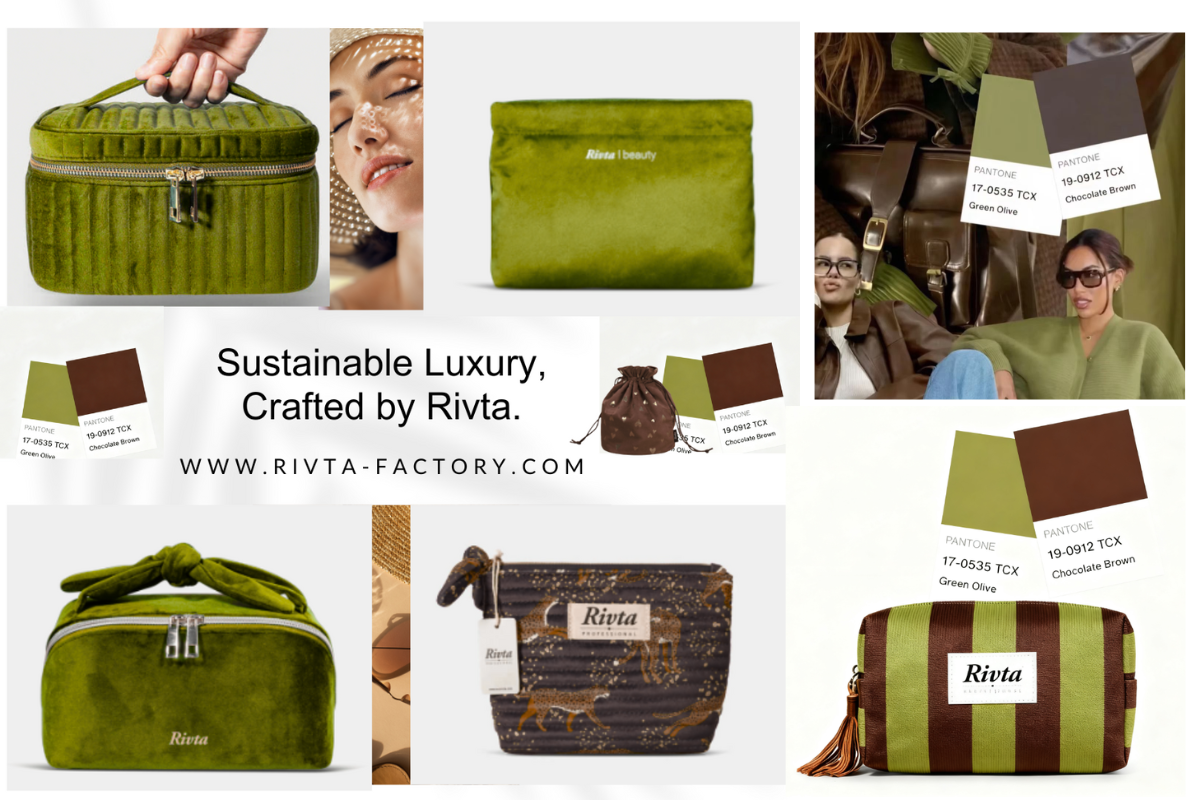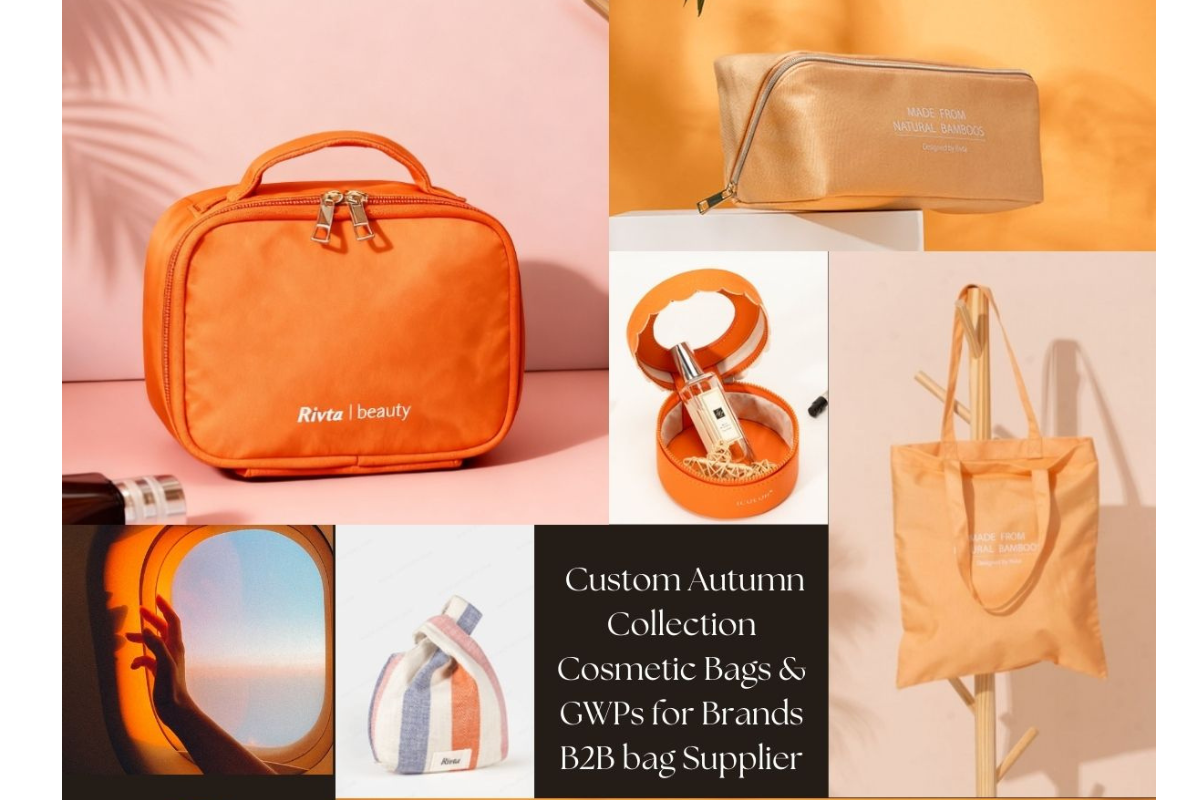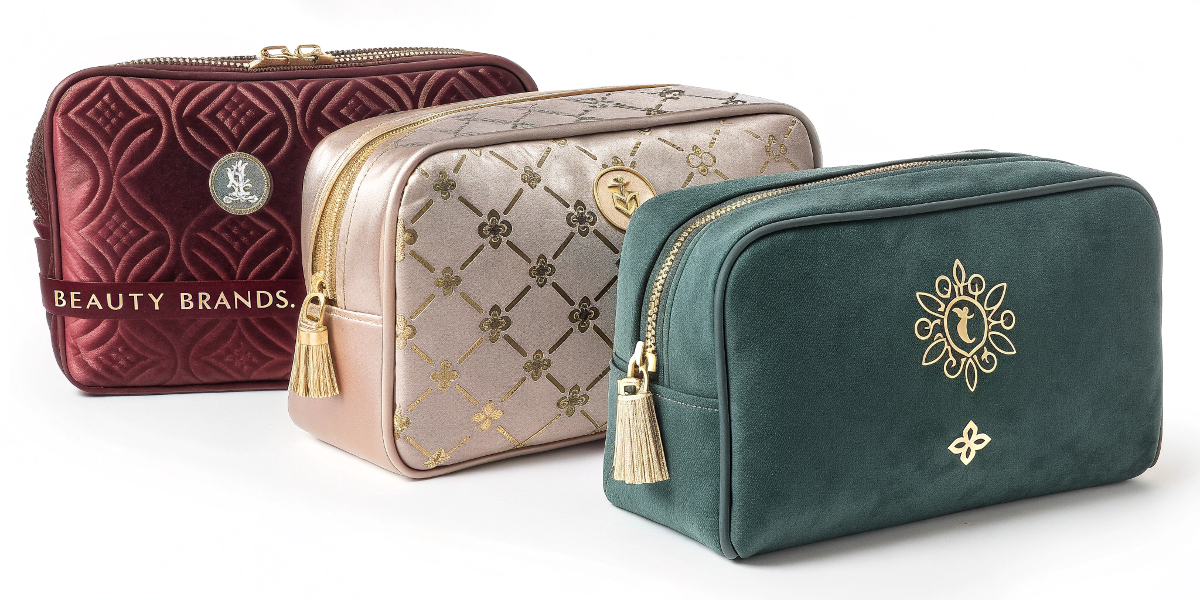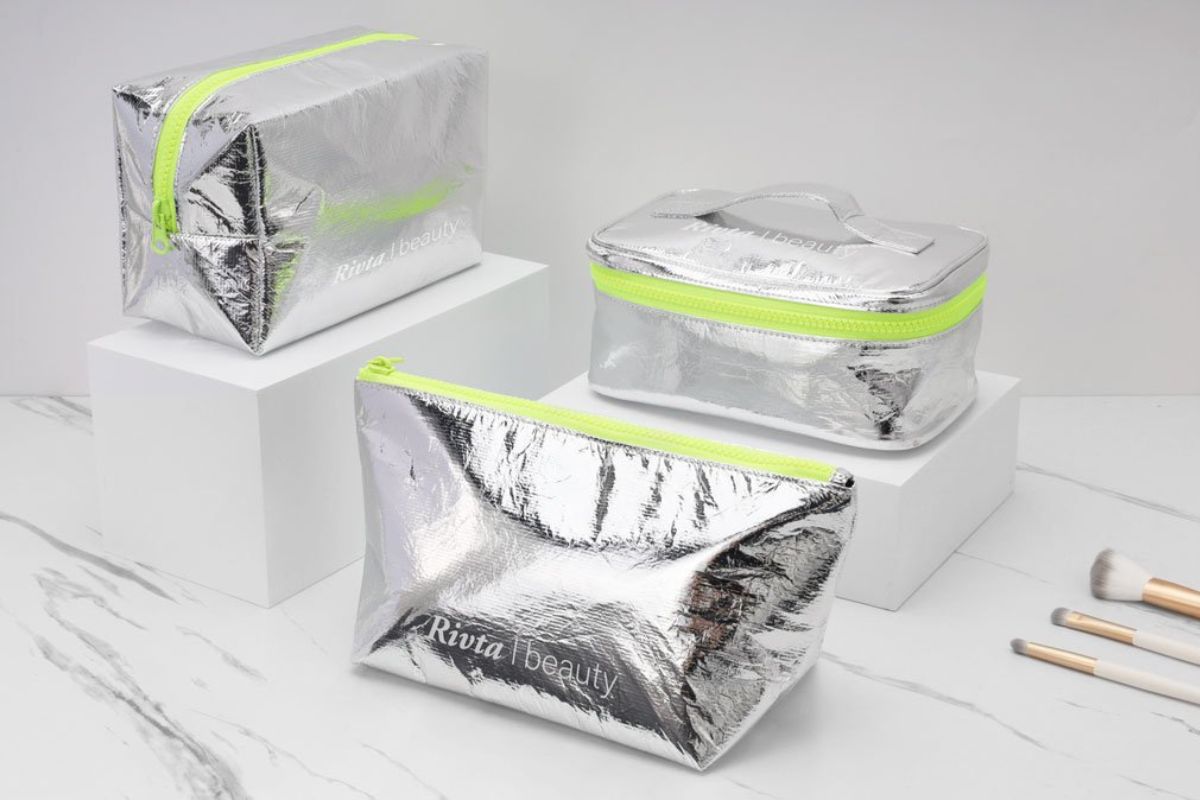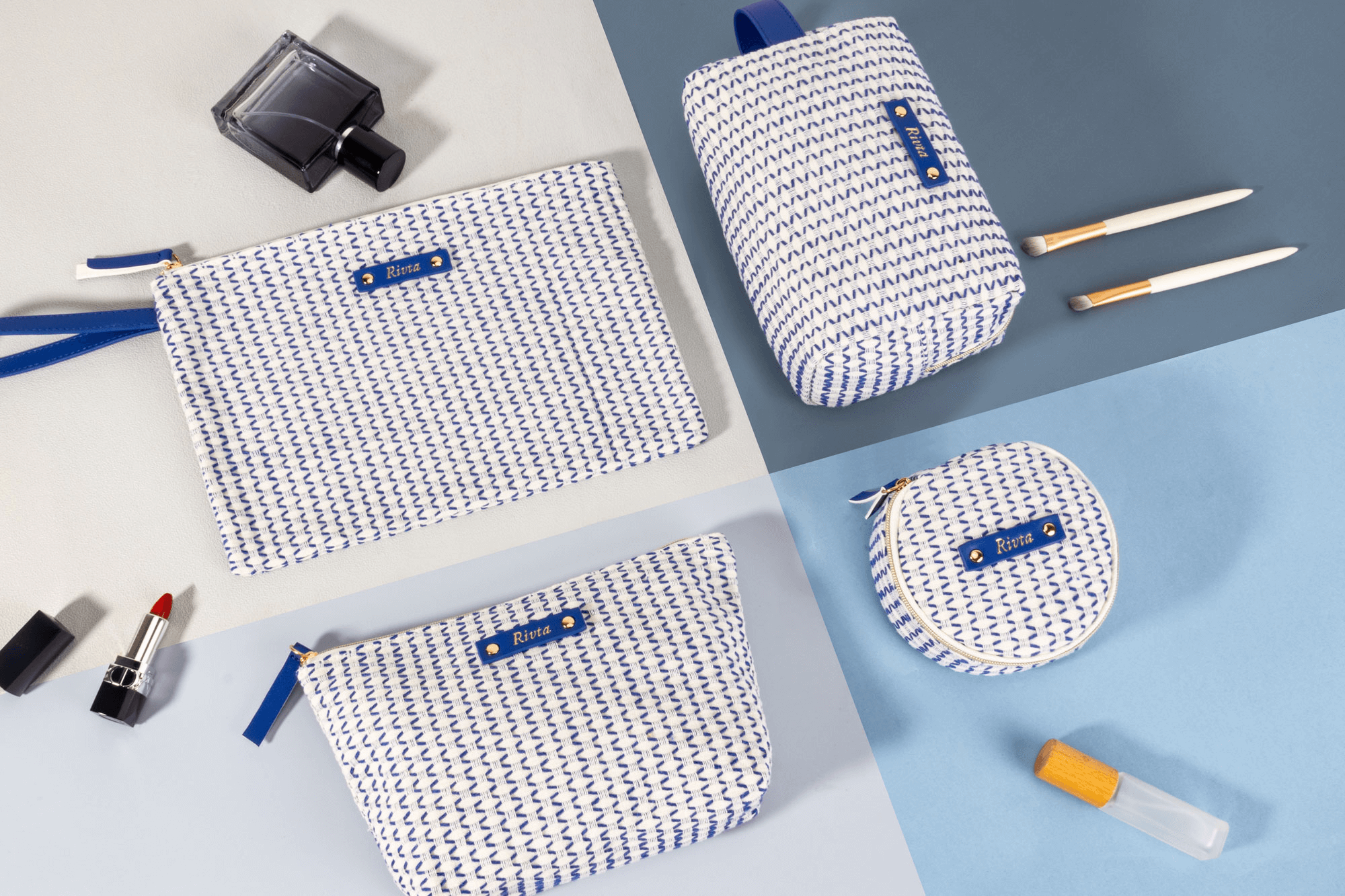10 Questions to Ask a Makeup Bag Supplier Before Placing an Order?
You found a potential supplier, but you're nervous. You fear a wrong choice could lead to poor quality, missed deadlines, and a disastrous financial loss for your brand.
Before ordering, ask your supplier about their specific experience, quality control process, factory certifications, minimum order quantities (MOQs), production lead times, and payment terms. Clear answers to these questions are essential for a successful partnership.
Choosing a supplier is one of the biggest commitments you will make for your business. It is not a simple transaction; it is the beginning of a partnership that will directly impact your brand's quality and reputation. As someone who has been manufacturing bags since 1990, I have been on the receiving end of thousands of questions. The best clients are the ones who ask the right questions from the start. They are not trying to trap you; they are trying to find a partner who truly understands their needs. This guide gives you the ten essential questions you must ask. They are designed to cut through the sales pitch and reveal the supplier's true capabilities, helping you avoid costly mistakes and build a foundation for long-term success.
How can you assess a supplier's true capability and expertise?
Their website looks great, but you don't know if they can really make your specific product. You worry they might over-promise and under-deliver on your unique design.
Assess their capability by asking for specific examples of past projects that used your desired materials and styles. A portfolio of their work and client references are direct proof of their expertise and experience.
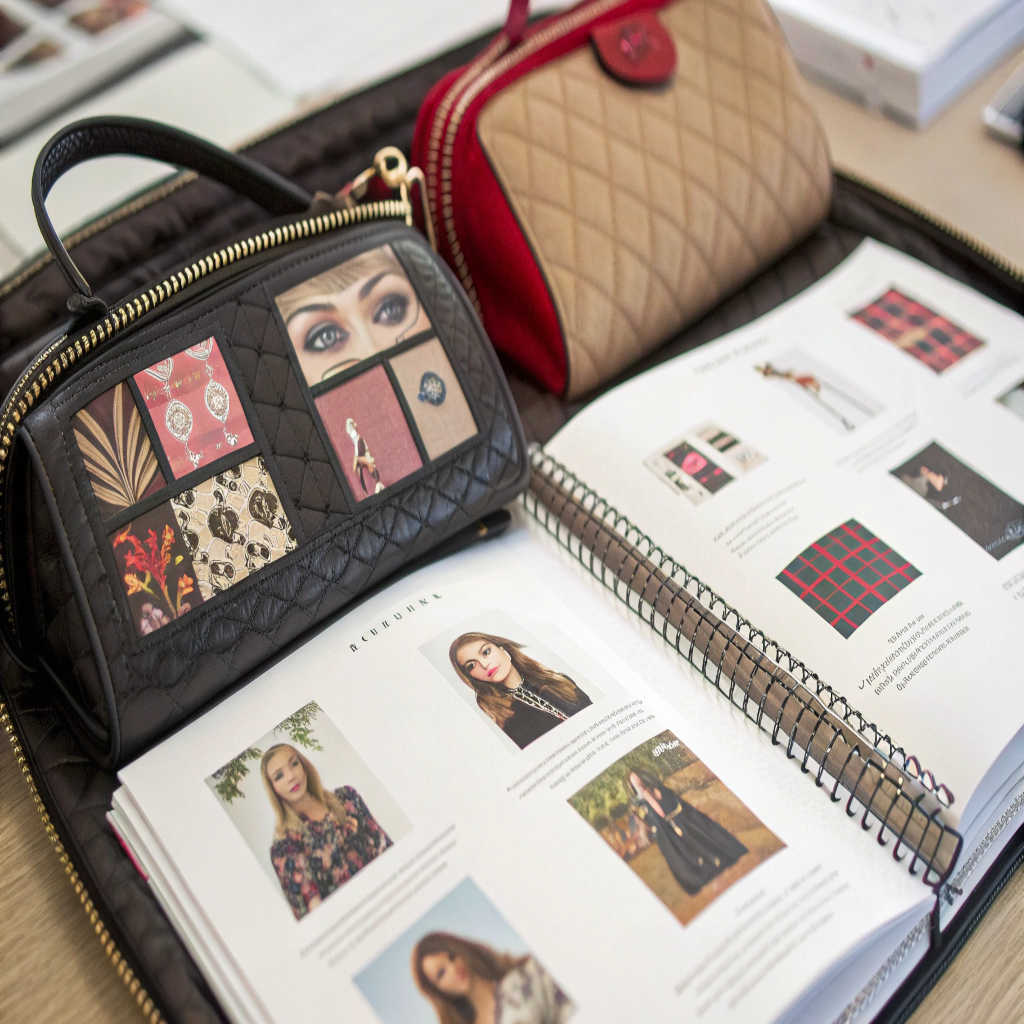
A supplier's true experience isn't found in their marketing; it's proven by their past work. You need to verify that their skills match your vision. Asking general questions gets you general answers. You need to be specific and ask for proof. This is not about being difficult; it is about doing your due diligence to protect your investment and your brand.
Here are the key questions to ask:
1. What is your experience with our desired materials and style?
If you want to create a high-end bag from recycled RPET, don't just ask if they make makeup bags. Ask, "Can you show me three examples of RPET bags you've made for other clients?" A good factory will have this information ready. For example, at Rivta, our specialty in sustainable materials is something we are proud of, and we have many case studies to share with potential partners.
2. Can you provide a portfolio, case studies, or client references?
A confident, experienced factory will never hesitate to show you their work. Ask to see a portfolio. Look for brands that are similar to yours in quality or style. A client reference can also be powerful, but be aware that they will only provide good ones. Still, it shows a level of trust and confidence in their work.
How do you verify their commitment to quality and compliance?
Every supplier claims to have "high quality." You're worried that this is just a meaningless phrase and that you'll receive a batch of poorly made products.
Verify quality by asking for details about their QC process and proof of certifications. A reliable supplier will have a multi-step inspection process and valid audits like BSCI and ISO 9001 to prove their commitment.
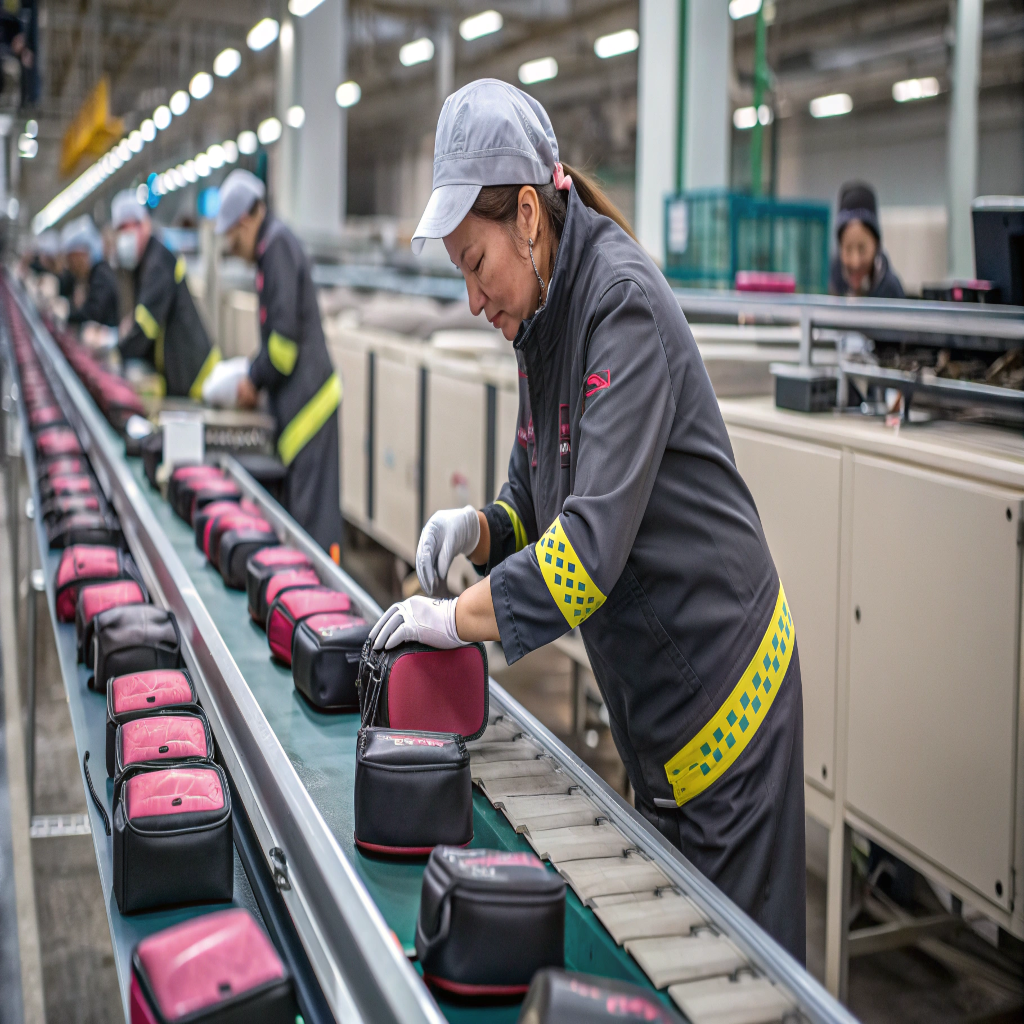
"High quality" is a promise that must be backed by a system. You need to understand the practical steps a supplier takes to ensure every unit in your order meets your standards. This is where certifications and clear processes separate the professional factories from the rest. The answers to these questions will reveal how seriously they take their responsibility to you and your brand.
Here's what you need to ask:
3. What is your Quality Control (QC) process from raw material to final inspection?
A good answer involves multiple stages. It should start with an IQC (Incoming Quality Control) to check all raw materials like fabric and zippers. It should include in-line inspections during the cutting and sewing stages to catch errors early. Finally, it must have a FQC (Final Quality Control) process, often based on AQL standards, to inspect the finished goods before they are packed.
4. What factory audits or certifications do you hold? (e.g., ISO, BSCI)
Certifications are proof from a neutral third party. An ISO 9001 certificate confirms they have a documented quality management system. A BSCI or Sedex audit is even more critical, as it verifies they adhere to social compliance and ethical labor practices. As a BSCI-audited factory, we believe this protects workers and also protects your brand from reputational risk. Always ask for a copy of the most recent audit report.
How do you clarify the details of production and logistics?
You are ready to move forward, but you are confused by the costs and timelines. You fear hidden fees, long delays, and complicated shipping arrangements that you don't understand.
Clarify logistics by confirming the MOQ, production lead time, sampling process, and payment terms. Understanding these details upfront prevents surprise costs and delays, ensuring a smooth production run from start to finish.
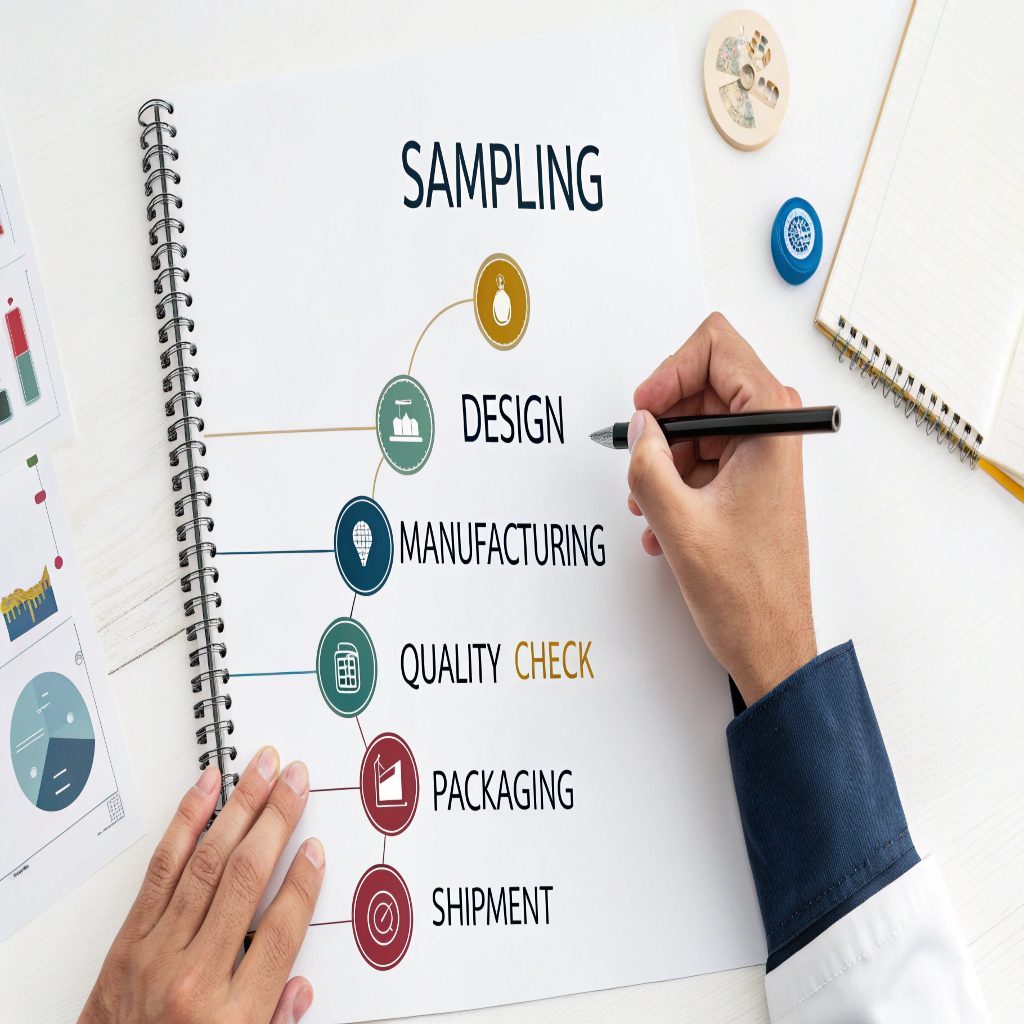
The practical side of production is where many projects run into trouble. Misunderstandings about timelines, minimums, and payment can ruin a partnership before it even begins. You must have absolute clarity on these points before you pay a deposit. This is the business side of the deal, and every detail matters.
Here are the crucial questions to get answered:
5. What are your Minimum Order Quantities (MOQs) and production lead times?
MOQ is the smallest order they will accept. The lead time is how long it takes to produce that order after you approve the pre-production sample. Get these two numbers in writing.
6. How do you handle sampling and pre-production proofs (PPS)?
Confirm the cost and timeline for creating a physical sample. The PPS is your "golden sample." It is the exact bag you must approve before they start making thousands. Make sure you understand their process for feedback and revisions.
7. What are your payment and shipping terms (Incoterms)?
The standard payment term is a T/T (Telegraphic Transfer) of 30% deposit and 70% balance before shipping. The most common shipping term is FOB (Free On Board), which means the factory's price includes getting the goods to the port in their country. Be crystal clear on both before you agree to anything.
How do you evaluate communication and the potential for a long-term partnership?
The deal looks good on paper, but you're not sure how they'll handle problems. You fear being left in the dark if there's a delay or an issue during production.
Evaluate the partnership potential by confirming you will have a dedicated contact person, asking how they handle problems, and confirming they can meet all your custom needs. Good communication is the key to solving any issue that arises.

In the end, you are working with people, not just a factory. Problems are inevitable in manufacturing; a fabric might arrive late, or a machine might break down. What matters is not that problems happen, but how your supplier communicates with you and works to solve them. This is what turns a simple transaction into a true partnership. A good partner is transparent, proactive, and committed to your success.
These final questions will show you their attitude:
8. Who will be my dedicated point of contact?
You need one person who knows your project inside and out and is responsible for answering your questions. If you are passed around to different departments, information gets lost.
9. How do you manage potential production delays or issues?
A good partner will not hide bad news. They should have a process for informing you immediately about any potential delay and presenting you with a solution or alternative plan. Their answer reveals their commitment to transparency.
10. Can you support custom packaging and labeling needs?
Your bag needs to arrive ready for your customers. Ask if they can add hangtags, wrap bags in custom tissue paper, or apply barcode stickers. A true partner can handle these finishing touches to make your life easier.
Conclusion
Asking these ten questions will empower you to choose the right supplier. It turns an uncertain decision into a clear process, ensuring you find a true partner for your brand's growth.
